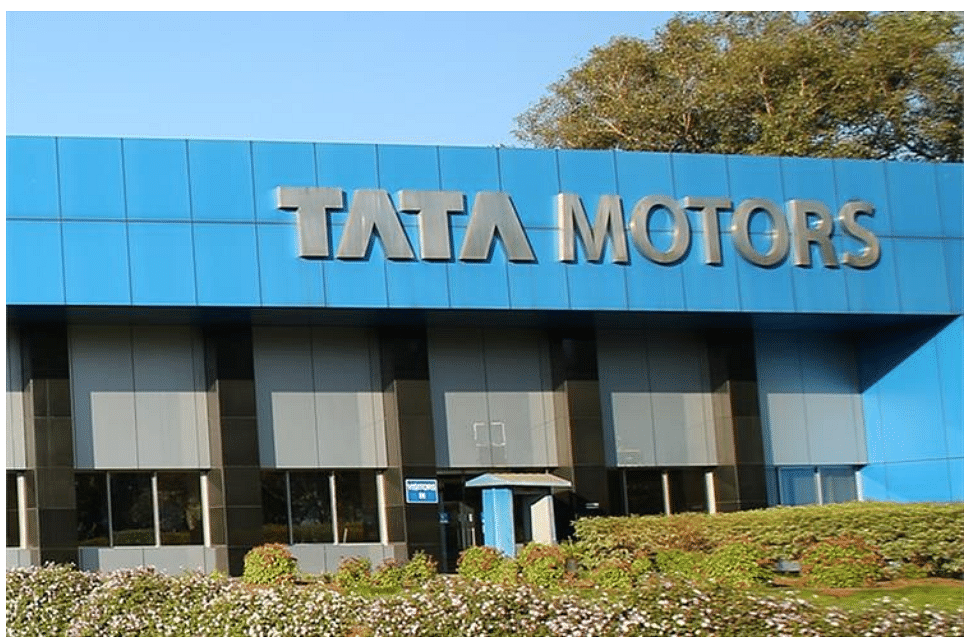
Tata Motors, a Mumbai-based automotive giant, has reported a substantial 24% increase in the wholesale of medium- and heavy-duty commercial vehicles (MHCV) during the second quarter of fiscal year 2023. A number of causes, including as a government-led infrastructure push, replacement demand, expansion in key sectors, and continued growth in the e-commerce business, are responsible for this increase in sales.
Tata Motors has intentionally increased its capacity for producing electric buses in order to take advantage of the rising demand for these vehicles. The business and other key players approached competing for government bids for electric buses warily because they were concerned about the capacity of state transport units (STUs) to sustain their financial viability and meet their payment commitments.
Also Read: Webasto’s Cutting-Edge Thermal Technology Unveiled at Busworld 2023
The Indian government has announced intentions to create a Rs 3100 crore payment security mechanism (PSM) to assist the launch of 20,000 electric buses in the upcoming 12 to 24 months in order to allay these worries. In Tier 2 and Tier 3 cities where state-run buses are the main means of transportation. This program aims to reassure electric bus producers and ease their entry into mainstream markets.
The government’s infrastructure initiatives and improved consumer patterns are cited by Girish Wagh, Executive Director of Tata Motors, as encouraging signs for the commercial vehicle (CV) market. The company’s revised BS6 phase II product line which offers lower total cost of ownership effective powertrains, and improved value adds, is another factor he cites as a reason for the rise.

Domestic commercial vehicle sales for Tata Motors totalled 99,178 units in the second quarter of FY24. This is a 6% increase over the same period in FY23. The business sold 18,577 units of MH&ICV domestically in September 2023 as opposed to 14,062 units in September 2022. It was 45,174 units in Q2 FY24 as opposed to 38,143 units in Q2 FY23. With government initiatives and increasing purchasing patterns supporting growth in this sector, the future for the CV industry is favorable.
Conclusion
In conclusion, Tata Motors’ remarkable growth in MHCV wholesales during the second quarter of FY24. It is a testament to their strategic initiatives, resilience, and customer-centric approach. This achievement not only reflects their strong performance but also highlights their vision for the future. As Tata Motors accelerates its growth trajectory, it remains a force to be reckoned with in the automotive industry.






